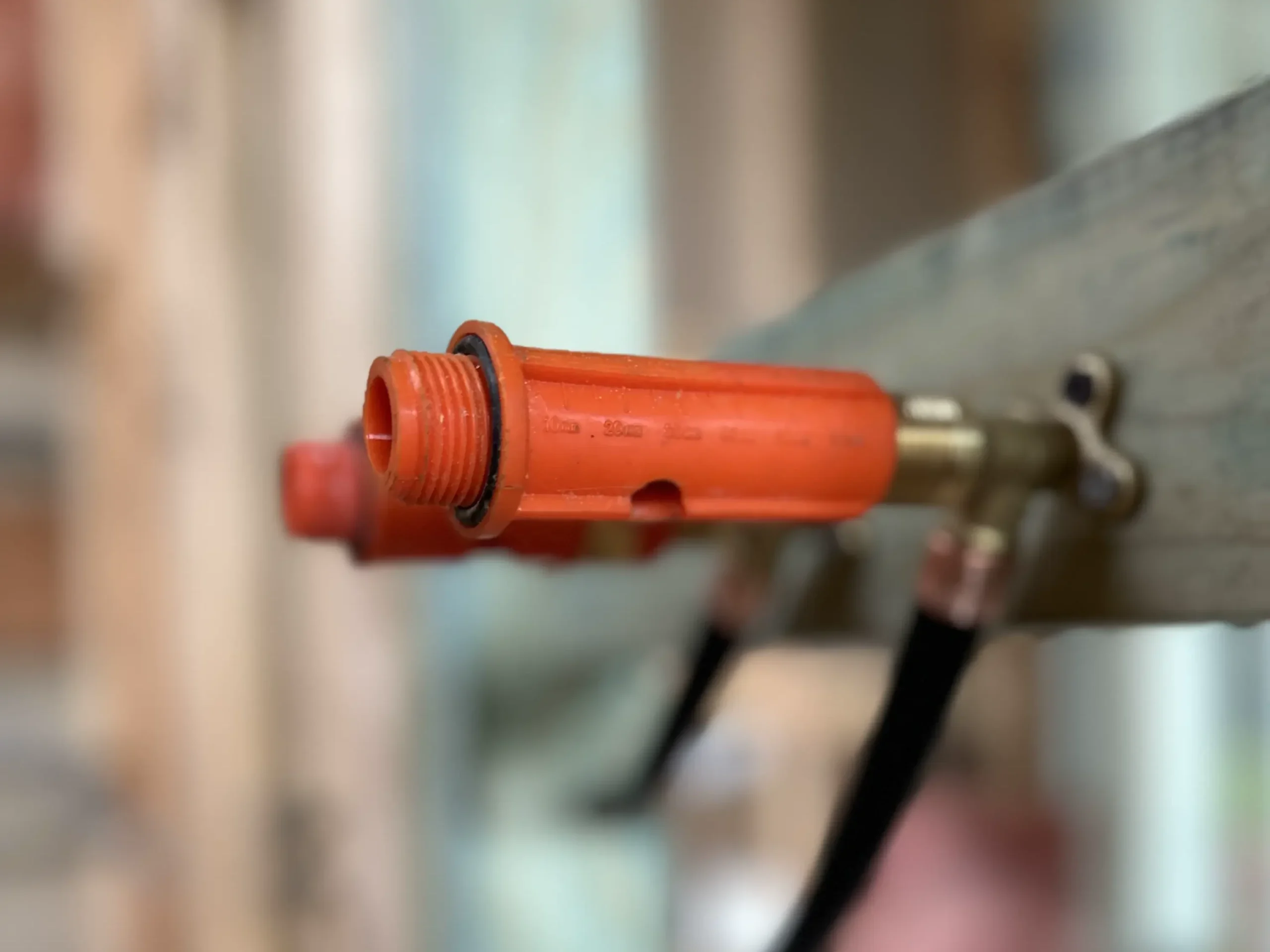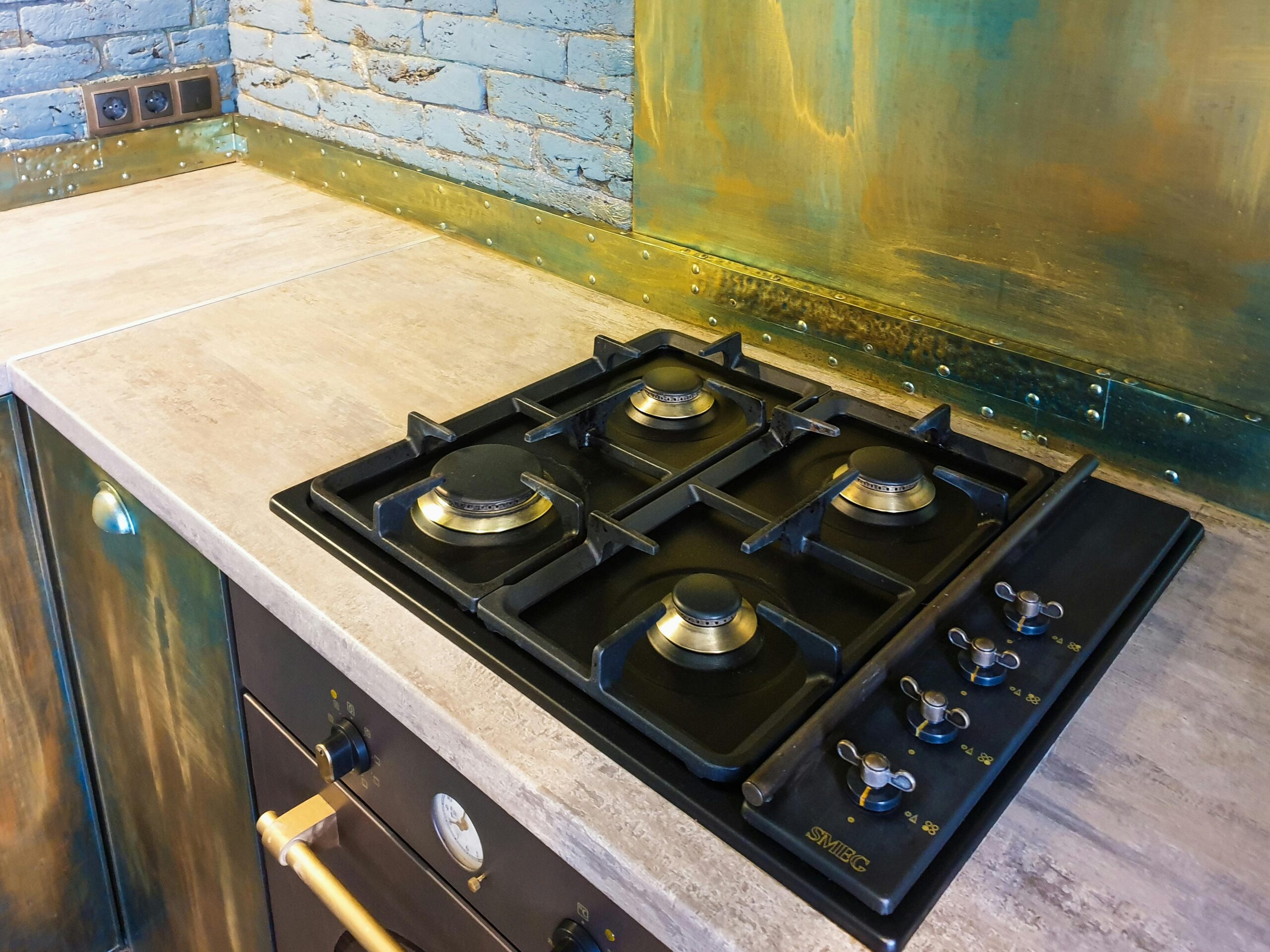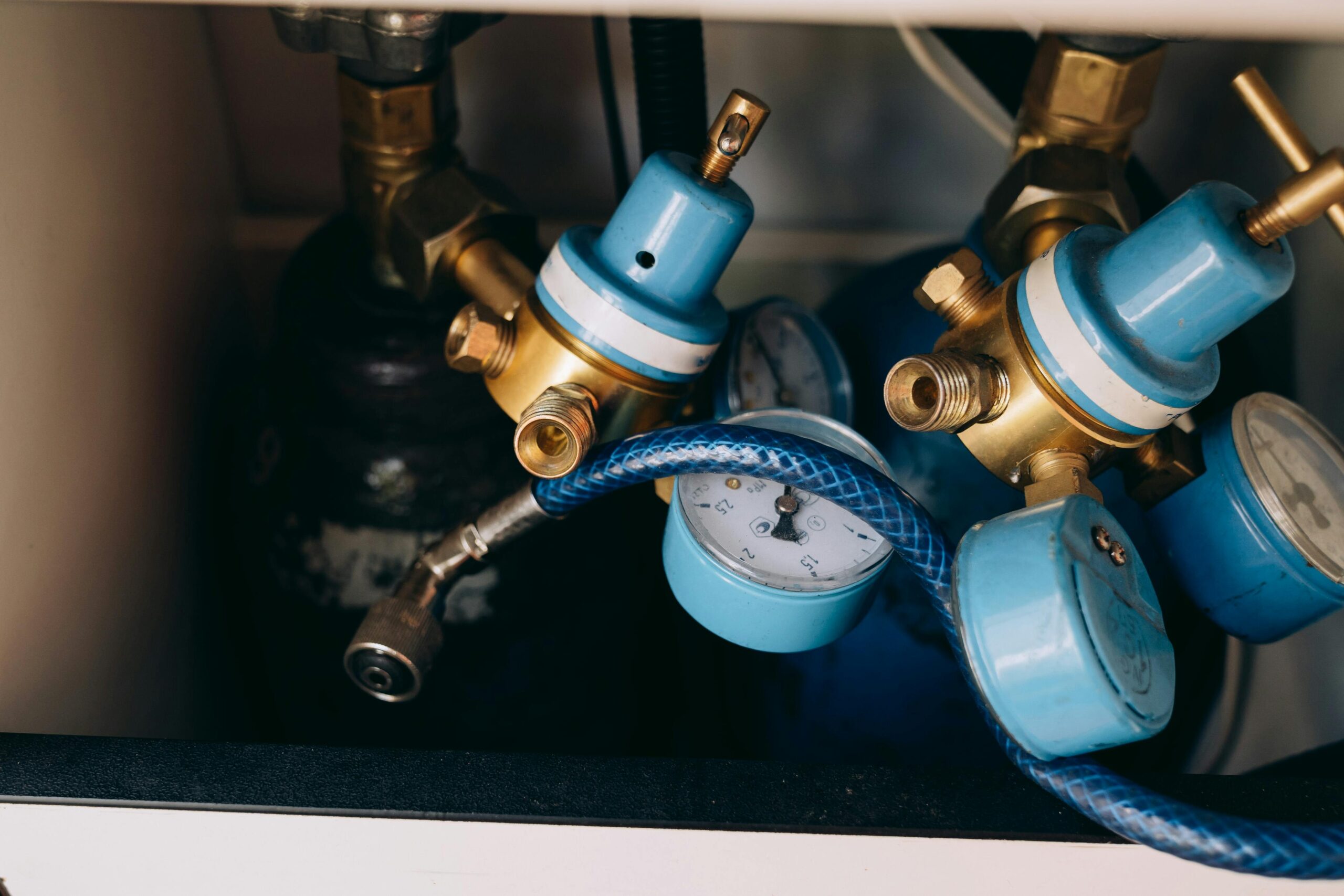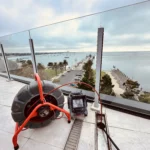Gas leaks are serious business, and knowing what are the signs of a gas leak in your home could save your family’s life. As plumbers with 19+ years of experience serving Geelong, the Surf Coast, and Bellarine Peninsula, we’ve seen firsthand how quickly a small gas issue can turn dangerous. The good news? Most gas leaks give you warning signs before they become critical. You just need to know what to look for.
The Telltale Smell – Your First Line of Defence
The most obvious sign of a gas leak is that distinctive rotten egg smell. Natural gas is actually odourless, but gas companies add a chemical called mercaptan to make leaks detectable. This smell is unmistakable once you know it – think of rotten eggs mixed with a hint of sulfur. Here’s what you need to know about gas odours:
- The smell might be strongest near gas appliances
- It can be faint at first, then grow stronger
- Even a slight whiff shouldn’t be ignored
- The odour might come and go with wind patterns
Last year, we helped a family in Torquay who noticed a faint smell in their laundry room. They almost dismissed it as a blocked drain, but trusted their instincts and called us. Good thing they did – we found a small leak behind their gas dryer that could have become dangerous.
Physical Signs of a Gas Leak Around Your Property
Beyond the smell, there are visual clues that point to gas leaks. These signs of a gas leak often appear around your gas meter, appliances, or along gas lines. Watch out for these warning signs:
- Dead vegetation near gas lines or your meter
- Dirt or dust blowing up from underground
- Bubbling in water puddles near gas pipes
- Hissing sounds from gas appliances or pipes
- White or grey clouds near gas equipment
We recently worked with a Geelong West homeowner who noticed their roses were dying in a perfect line across their front yard. Turns out, an underground gas line had developed a small leak. The escaping gas was killing the plants directly above it. Nature often tells us what we need to know – we just need to listen.

Health Symptoms That Could Signal a Gas Leak
Your body can be an early warning system for gas leaks. Natural gas displaces oxygen, and even small amounts can cause symptoms. If multiple family members experience these symptoms simultaneously, especially indoors, consider a gas leak. Common physical symptoms include:
- Headaches or dizziness
- Fatigue or weakness
- Nausea or vomiting
- Difficulty breathing
- Irritated eyes or throat
The tricky part is that these symptoms can seem like a common cold or flu. The key difference? Gas leak symptoms often improve when you leave the house and worsen when you return.
Appliance Warning Signs You Shouldn’t Ignore
Your gas appliances will often show you when something’s wrong. We’ve found that homeowners who pay attention to their appliances catch problems early, before they become dangerous. Keep an eye on these appliance behaviours:
- Yellow or orange flames instead of blue ones
- Pilot lights that keep going out
- Unusual sounds like hissing or whistling
- Soot or black marks around gas fittings
- Increased gas bills without explanation
Regular maintenance from a licensed plumber and quick attention to warning signs can prevent most problems.
Regular Maintenance and Inspection of Gas Appliances
Prevention is always better than cure, especially when it comes to gas safety. We recommend these maintenance habits:
- Schedule annual inspections with a licensed gas fitter
- Clean your gas cooktops and ovens regularly following manufacturer guidelines
- Keep an eye on appliance performance changes like inconsistent flames
- Don’t ignore unusual odours or sounds from gas equipment
- Check gas connections and fittings for wear or damage
One of our regular clients in Drysdale learned this lesson the hard way. They’d been putting off their annual gas heater service for three years. When we finally got called out for a “small issue,” we found multiple problems that could have been prevented with routine maintenance. Now they’re religious about their annual check-ups, and their gas bills have actually decreased because everything runs more efficiently.

Installing Gas Safety Devices in Your Home
Modern technology gives us extra layers of protection that weren’t available to previous generations. Installing gas safety devices is like having a security guard for your home’s gas system – they’re watching even when you’re not. Essential safety devices to consider:
- Gas leak detectors that can sense natural gas and LPG
- Automatic gas shut-off valves that stop supply when pressure changes
- Carbon monoxide alarms for early warning of dangerous CO levels
- Smart gas monitors that send alerts to your phone
Carbon monoxide deserves special mention because it’s the silent killer. This colourless, odourless gas comes from faulty gas appliances and can be deadly. We always recommend CO alarms in homes with gas heating, especially in bedrooms and living areas where families spend the most time. The investment in these safety devices is small compared to the peace of mind they provide.
What to Do If You Suspect a Gas Leak
If you notice any signs of a gas leak, don’t panic – but act quickly. Your safety depends on following the right steps in the right order. Immediate actions to take:
- Don’t use electrical switches, phones, or create sparks
- Open windows and doors to ventilate the area
- Turn off the gas at the meter if you can safely reach it
- Evacuate everyone from the premises
- Call your gas supplier’s emergency line from outside
- Contact professional help for inspection and repairs
Never try to find the leak yourself with matches or lighters. We’ve seen too many close calls from well-meaning homeowners who thought they could handle it themselves. Gas leaks require professional equipment and expertise to locate and fix safely.
Trust Bay Plumbing for Gas Leak Detection and Repair
When it comes to gas safety, you want experts who’ve seen it all. With the right experience to help you, our team has the knowledge and tools to quickly identify and resolve gas leaks across Geelong and surrounding areas.
We bring speed, reliability, and transparency to every job. Our gas detection equipment can pinpoint leaks that might not be obvious, and we’ll explain exactly what we find and what needs fixing.
Don’t take chances with gas leaks. If you notice any signs of a gas leak in your home, contact us immediately. We offer emergency plumbing services because we know gas issues can’t wait for business hours. Your family’s safety is worth the peace of mind that comes from professional gas leak detection and repair.
Call us today – because when it comes to gas leaks, it’s better to be safe than sorry.









